Bam Seeks to Clarify Gov’t Policy on Uber, GrabCar
A senator seeks to investigate the enforcement of government’s programs and policies on new application-based transportation system in the country, such as Uber and GrabCar.
Sen. Bam Aquino filed Senate Resolution No. 1508 after the Land Transportation Franchising and Regulatory Board (LTFRB) ordered the apprehension of unregistered Internet application-based transport systems with a fine of P200,000 and impoundment of three months.
The LTFRB’s move came after Department of Transportation and Communications issued Department Order No. 2015-11, which recognizes and puts in place appropriate regulation for four new modes of public transportations such as airport buses, bus rapid transits (BRTs), transport network vehicle service (TNVS) and premium taxi.
“There is a need to delineate and clarify the various transportation policies pertaining to the different transport administration components such as planning, policy making, data management and enforcement,” said Sen. Bam, chairman of the Senate Committee on Trade, Commerce and Entrepreneurship.
“The main challenge of the different government agencies and offices is to align their rules and regulations, as well as policies, in order to solve the worsening traffic conditions in Metro Manila,” the senator added.
In his resolution, Sen. Bam said this lack of communication between the DOTC and LTFRB underscores a National Center for Transportation Studies report, which shows lack of coordination and overlapping functions among transportation and traffic related units of the national and local government units.
“The Department Order was issued in response to the call of Uber, GrabCar, other similar Internet application-based transportation networks, and the public to recognize this innovative technology and be able to operate legally,” Sen. Bam.
“Let us continue supporting emerging industries and new business models, especially in our public transportation system that will enhance competition and provide better service to our fellow Filipinos,” said Sen. Bam, a staunch supporter of start-ups.

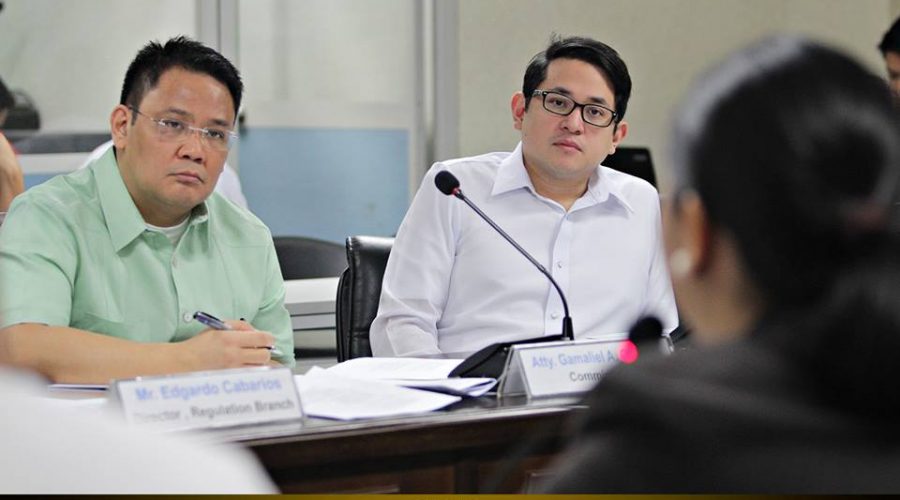
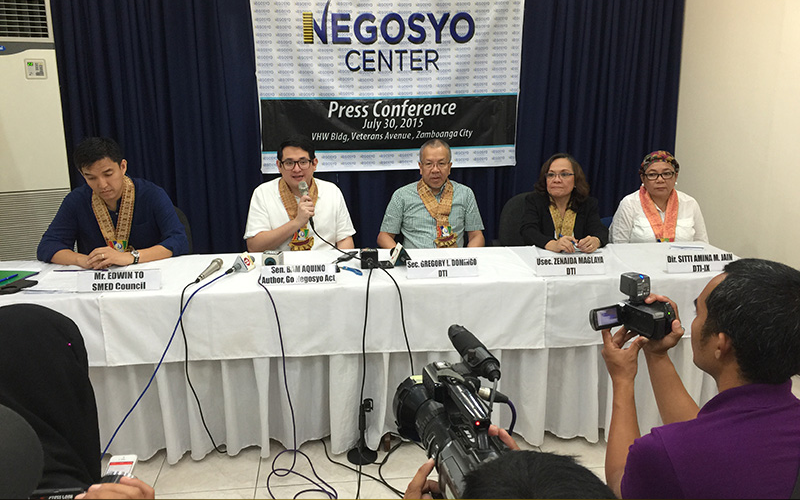
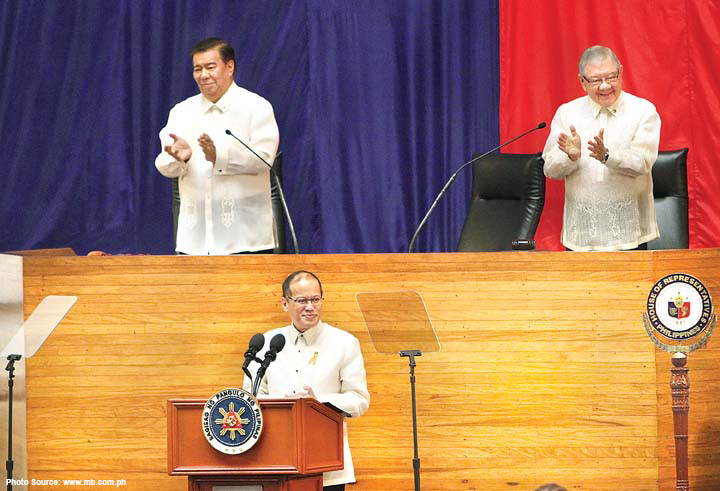
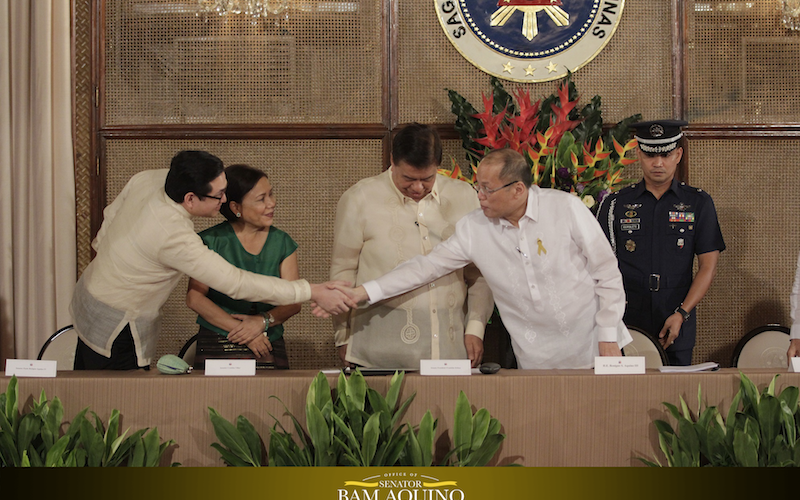
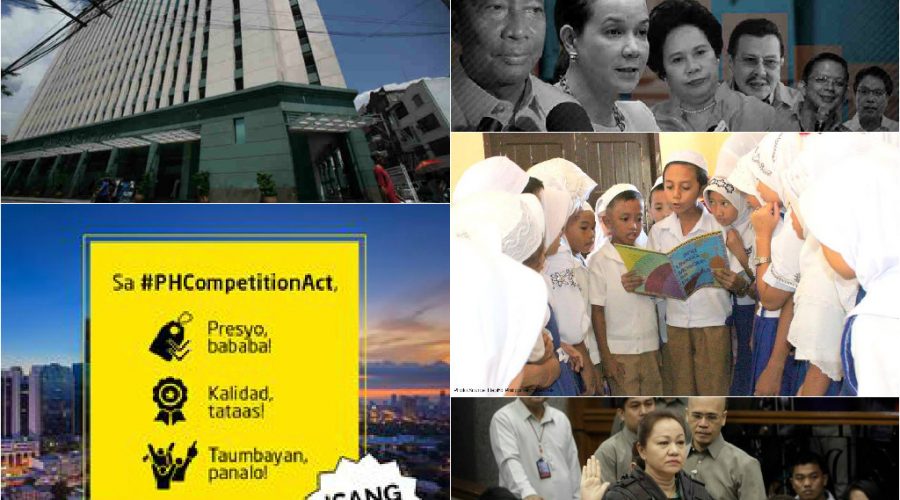
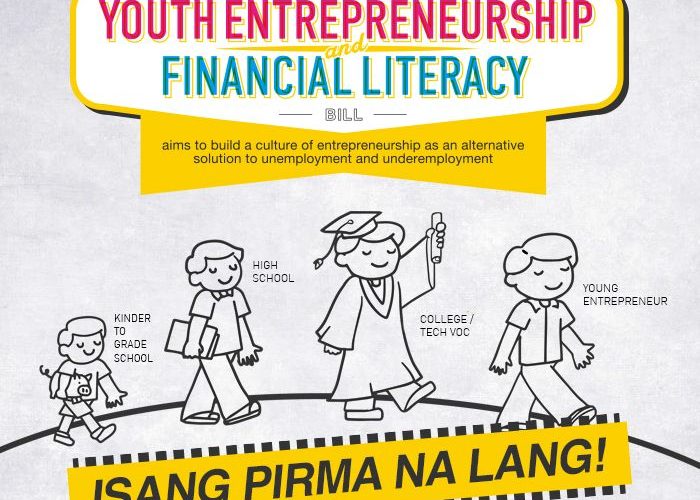
Recent Comments